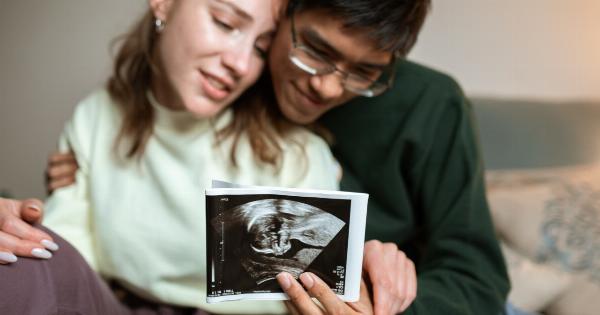Surgical procedures such as tonsil removal and appendix removal are commonly performed to alleviate various health conditions.
While these procedures are generally considered safe and effective, concerns have been raised about their potential impact on fertility. In this comprehensive study, we explore the relationship between these surgical procedures and fertility, shedding light on the available evidence and providing insights into the potential risks and outcomes.
Understanding Tonsil Removal Surgery
Tonsil removal surgery, technically known as tonsillectomy, is a procedure performed to remove the tonsils – two small glands located at the back of the throat.
It is primarily done to address chronic tonsillitis, frequent throat infections, sleep-disordered breathing, or complications caused by enlarged tonsils. The surgery is typically performed under general anesthesia and involves either complete tonsil removal or partial removal through techniques like laser tonsillectomy.
Appendicitis and Appendectomy
Appendicitis is a medical condition where the appendix becomes inflamed and infected. If left untreated, it can lead to serious complications such as the appendix rupturing, causing a potentially life-threatening infection.
Appendectomy is the surgical procedure performed to remove the appendix, known as appendectomy, is usually performed as an emergency procedure to prevent complications and relieve pain. The removal of the appendix can be done through open surgery or laparoscopic techniques.
Impact of Tonsil Removal and Appendectomy on Fertility
One of the primary concerns associated with these surgical procedures is their potential impact on fertility, particularly in women.
However, numerous studies have been conducted to evaluate this relationship, aiming to provide clarity on whether these procedures have any adverse effects on reproductive health.
Impact on Male Fertility
Several studies have examined the impact of tonsil removal and appendectomy on male fertility. The overall consensus suggests that these procedures do not significantly affect male reproductive health.
Some studies even indicate potential improvements in fertility parameters following tonsillectomy, possibly due to the resolution of chronic infections and associated inflammation.
Impact on Female Fertility
The impact on female fertility is an area of more significant concern, mainly due to the proximity of the reproductive organs to the surgical site.
However, studies evaluating the effects of these procedures on female fertility have produced mixed results. While some studies suggest a potential decrease in fertility, others show no significant impact.
It is important to note that the available evidence is limited, and more research is needed to establish a definitive relationship, if any, between tonsil removal, appendectomy, and female fertility.
Factors Affecting Fertility Outcome
The impact of these surgical procedures on fertility can be influenced by various factors. These include the complexity of the surgical procedure, overall health, age, underlying reproductive conditions, and individual variations.
It is crucial to consider these factors while assessing the potential impact of tonsillectomy or appendectomy on fertility.
Consultation with a Healthcare Professional
If you have concerns about the potential impact of tonsil removal or appendectomy on your fertility, it is important to consult with a healthcare professional. They can provide personalized guidance based on your specific situation and medical history.
Conclusion
Based on the available evidence, tonsil removal and appendectomy do not appear to have a significant detrimental effect on male fertility.
However, the impact on female fertility remains inconclusive, highlighting the need for further research in this area. It is recommended that individuals with concerns about fertility after these surgical procedures consult with a healthcare professional for personalized advice.





























